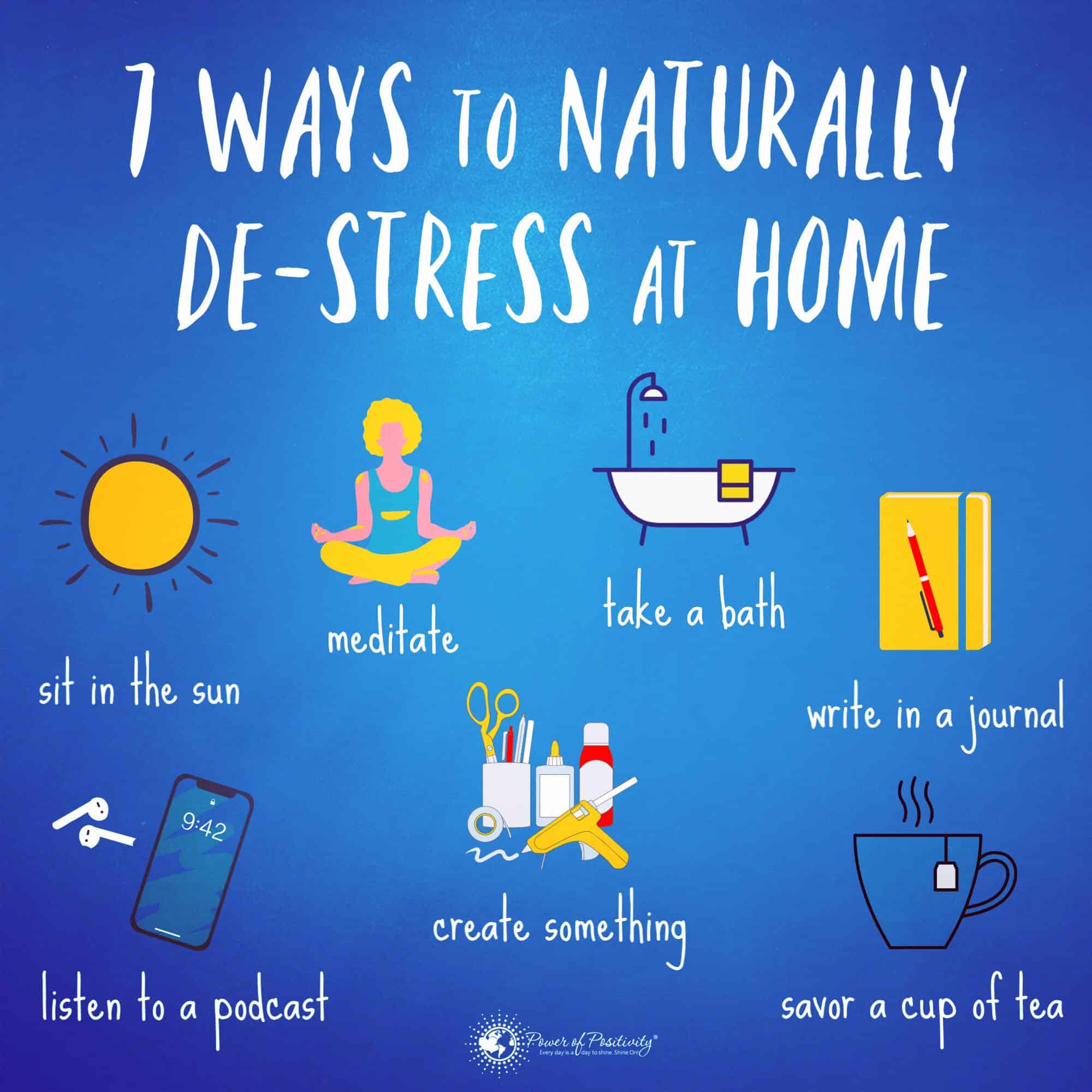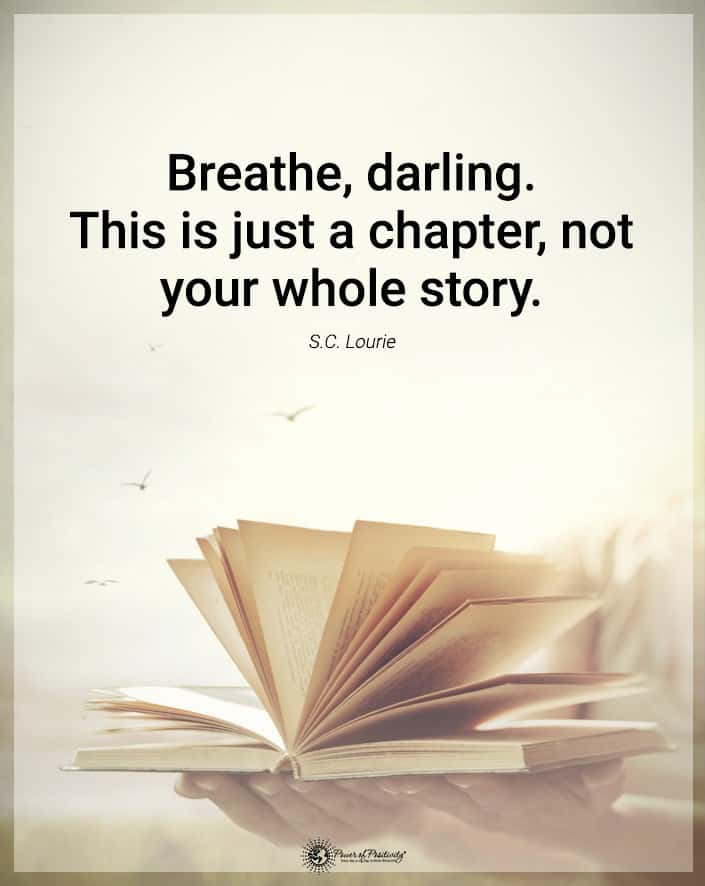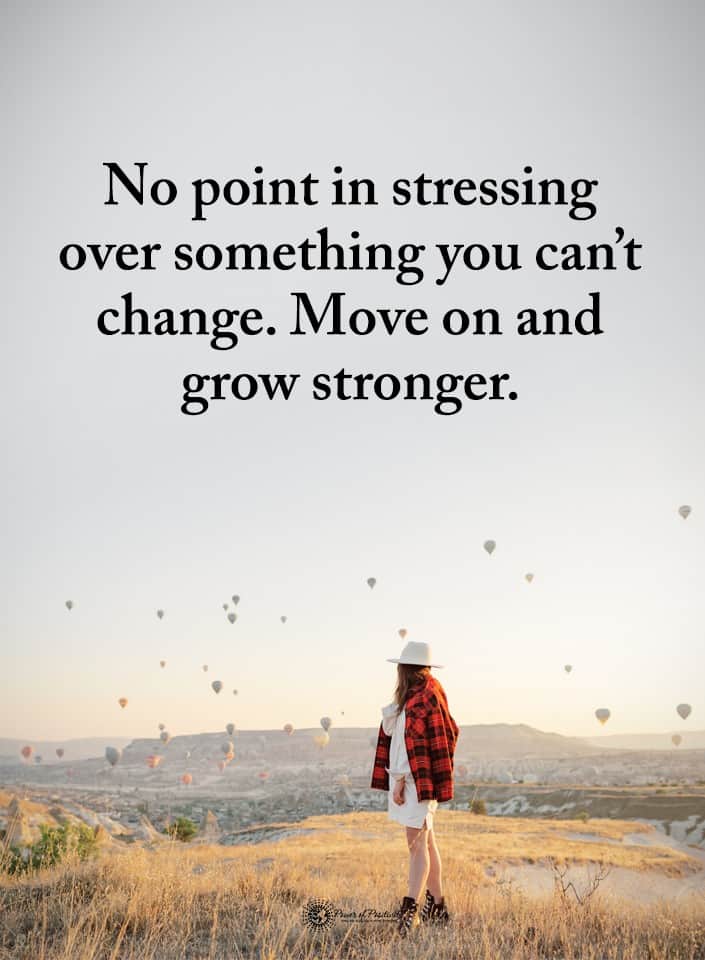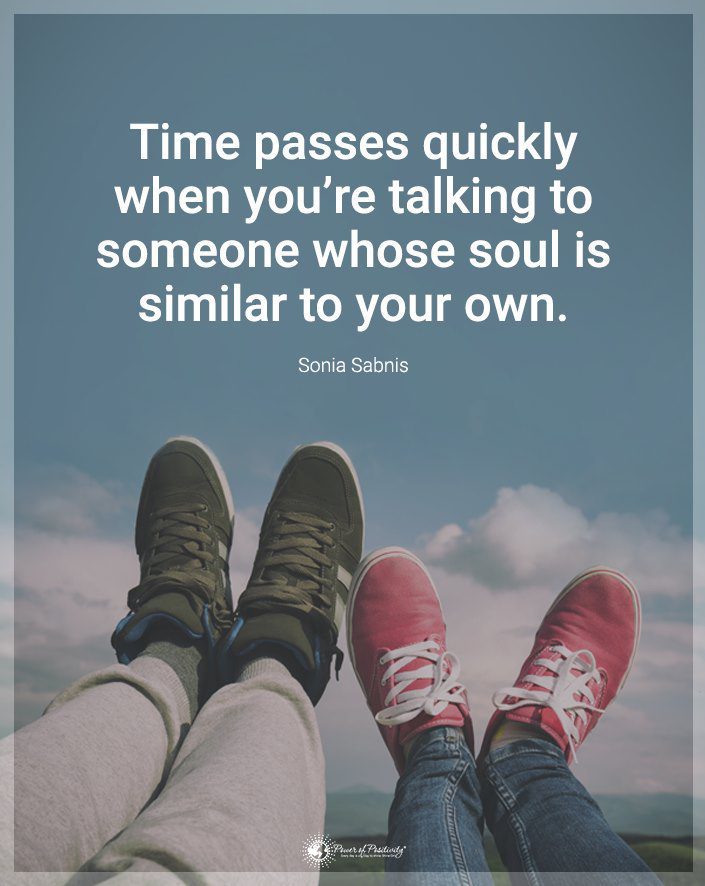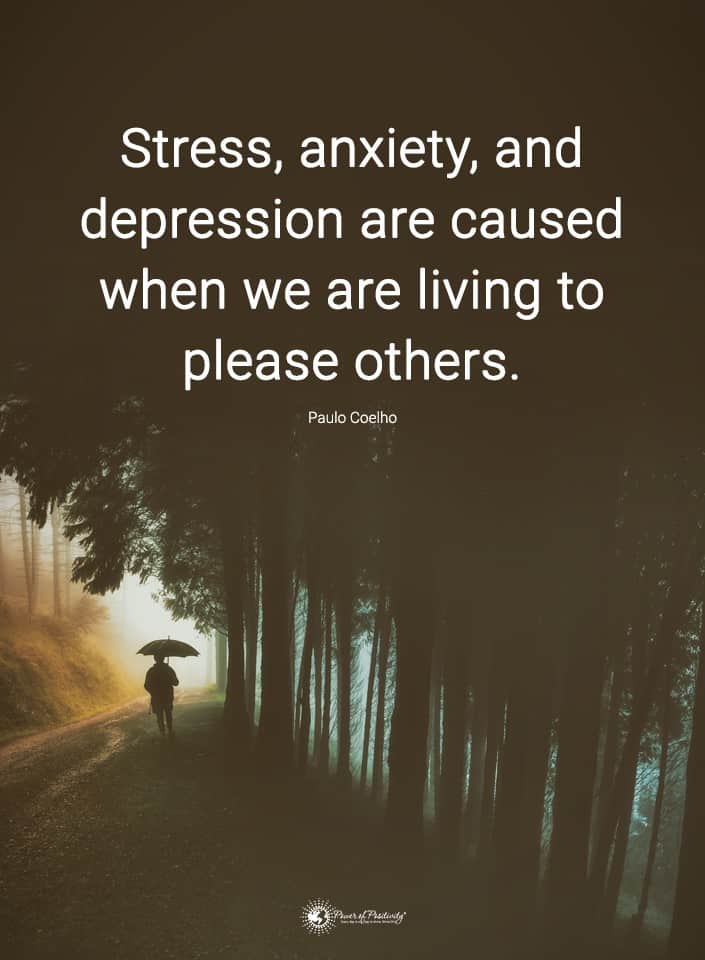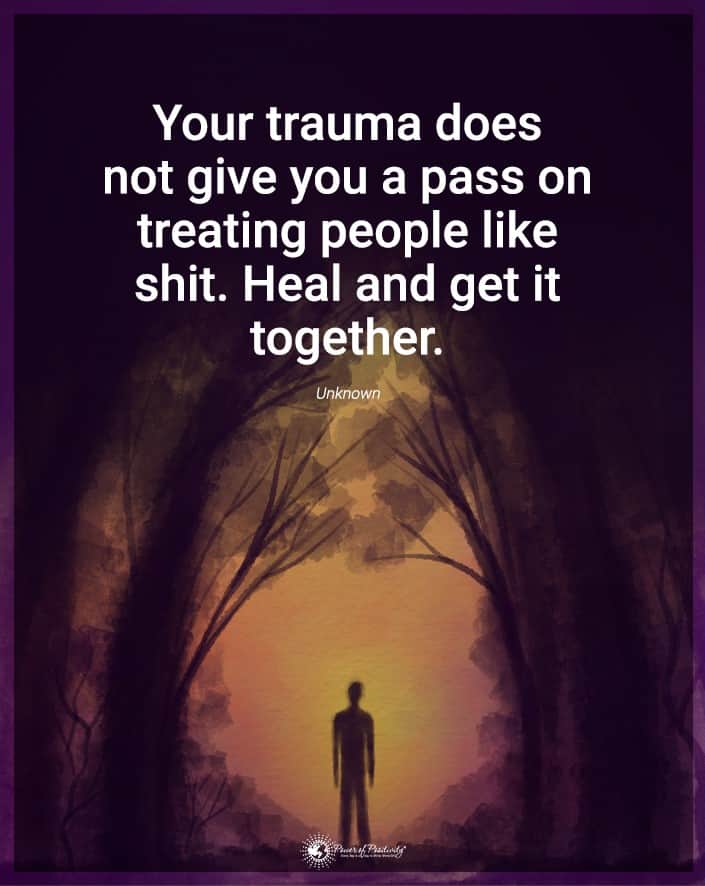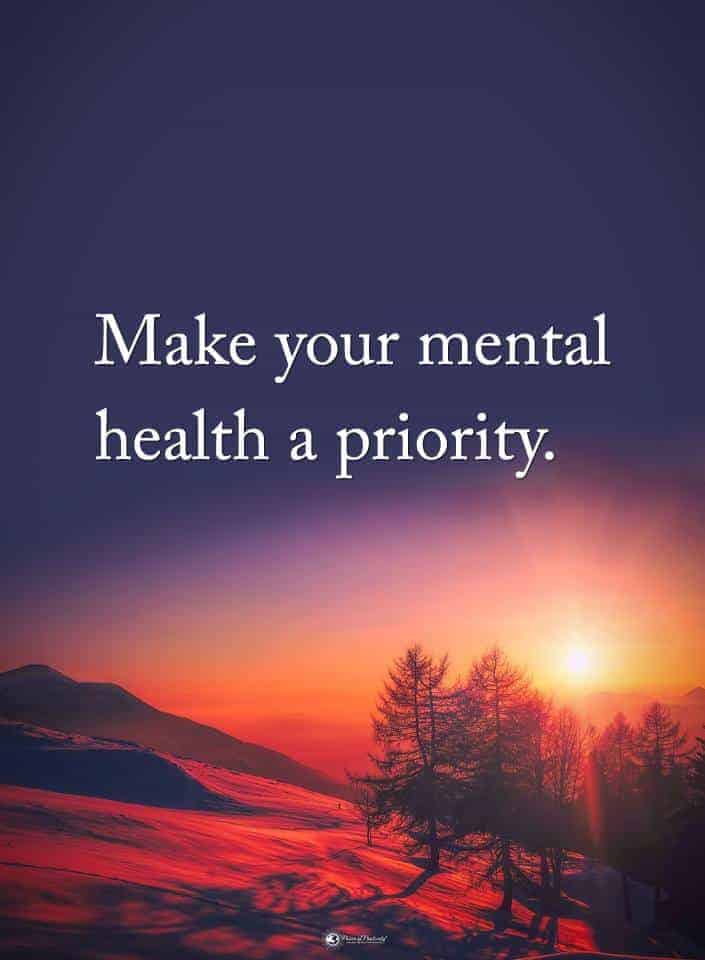Everyone deals with pressure sometimes, and it can be hard to stay calm. Some people deal with it daily and must learn to remain calm no matter what happens. Navy SEALs use a simple technique to help reduce pressure and anxiety in hard times, and you can do it, too.
Your stress levels can spike many times throughout the day, so keeping them under control is essential. From work issues to personal and relationship problems, you will have quite a bit to deal with. While tension is a normal part of life, dealing with too much pressure can be debilitating.
Finding an effective way to cope with tense situations can help with anxiety or panic. It’ll help you keep it together and deal with the situation as best you can. Staying calm under pressure will help you find a positive solution and overcome anything.
When you learn the technique that Navy SEALs use, you’ll find it helps you keep cool. The Navy SEALs are a special forces unit of elite soldiers who experience extreme situations daily. While their duties are demanding, their method for staying calm isn’t, and you can implement it in your life.
How Navy SEALs Stay Calm Under Pressure

Navy SEALs experience some of the most challenging situations imaginable, so they must learn how to manage pressure. They can’t wait until later to decompress when the experience requires their full attention immediately. SEALs must remain calm in even the most threatening situations.
Part of their training requires that they learn to stay calm under pressure. They train their brains to respond differently to overwhelming situations, exhibiting emotional control instead of fear. It helps them stay focused, alert, and functioning without panic and hesitation creeping in.
Navy SEALs use mental training to build mental strength and emotional fitness. It helps them regulate emotions and optimize their ability to make decisions. Mental training also helps them increase concentration and perform to the best of their abilities in any given situation.
These exercises teach SEALs to control their responses at the moment. It doesn’t take much to achieve the results yourself, as it’s all about your breath control.
The Technique Used by SEALs
The technique used by Navy SEALs is called box breathing. It’s a form of controlled deep breathing that helps regulate and calm your nervous system, reducing tension immediately. SEALs use it to manage their psychological reactions using physiological reactions.
Box breathing is easy, and you only have to do the following four steps:
- Inhale slow and deep through your nose, counting to four in your mind and letting the airflow into your belly
- Hold your breath to the count of four
- Exhale evenly through your mouthing, counting to four in your mind again
- Hold your breath for another four seconds
Repeat the four steps for five to ten minutes. It might help if you close your eyes during the process, but you don’t have to. After only a few breaths, you’ll start to notice the changes in your mind and body. Your body will relax, your mind will calm, and you’ll be better able to overcome the challenges.
The Benefits of This Technique That Navy SEALs Use
Whether you’re in a high-pressure job or want to improve your daily working life, this technique can help. You don’t have to be in a life-threatening situation to utilize the method and stay calm. It will help you stay focused during stressful times, allowing you to handle the experience effectively.
The most significant benefit you’ll experience is ensuring peak performance in all situations. You won’t panic and forget everything you learned, and you won’t shut down under pressure. It will help calm and regulate your nervous system, allowing you to relieve tension quickly.
It lowers stress levels immediately, helping you stay calm under pressure. It can also help you destress at the end of the night before you get into bed too. Without so much pressure as you lay in bed, you’re sure to sleep better.
Additionally, this technique helps regulate body temperature and reduces blood pressure. It has a positive effect on your mood, and it can help treat anxiety disorders and mild cases of depression.
You can practice anywhere and at any time, adding to the list of benefits. No matter what situation you encounter, you can rely on this technique to help you get your though. You’ll find that after you do it, you feel more levelheaded. It makes it easier to communicate effectively and find solutions to your problems.
Other Methods to Stay Calm Under Pressure (Because We Are Not All Navy SEALs)
While the Navy SEALs technique works wonders, there are other methods you can try, too. Learning to cope during stressful situations can help you stay calm under pressure every time.
Take a Deep Breath
When you breathe in slowly and deeply, it triggers the body to stop releasing stress hormones. You’ll start to relax quickly by focusing on your breaths to distract you from the tension. It’ll help you concentrate on the things happening around you now.
Take a few minutes to breathe in deeply through your nose and out through your mouth. Make sure you breathe into your belly and not just your chest, and hold the air in for a moment before exhaling.
Focus on the Positive Aspects
Fixing the negative parts of a situation will make you feel anxious. Try focusing on the positive aspects instead. Even the worst experience has something positive if you take the time to look for it.
Staying positive allows you to avoid pressure and remain calm as you devise a plan. If you can’t think of any other positive about the situation, remember that it is an opportunity to learn and grow. Focusing on the positive aspects will keep your mind logical instead of letting emotions take over.
Get Enough Sleep Each Night
It’s harder to stay calm under pressure when you haven’t had enough sleep. Prioritize sleep, especially when you know you might be in a stressful situation. Go to bed earlier and avoid using electronics before bedtime.
When your body and mind are well-rested, you can keep calm in any situation. You’ll think with a clearer mind, and your emotions won’t stand in the way quite as much. Plus, you’re more likely to make a better decision when you’ve had enough sleep.
Take a Walk Outside
Exercise is one of the best ways to stay calm under pressure. It triggers the release of feel-good hormones, allowing you to clear your head and focus on overcoming the obstacle. Plus, the fresh air will help you gain a new perspective as you see that the situation isn’t impossible to overcome.
Meditation
Meditation reduces tension and helps you manage your emotions better. It’ll help you stay calm in moments of pressure, allowing you to think clearly when needed.
You only need a few minutes of quiet time to concentrate on your breathing to meditate. When time is an issue, it doesn’t have to be lengthy. However, there are also more in-depth options for meditation if you have more time.
Practice Gratitude
Expressing gratitude for what you have right now will make you feel better. Spend time thinking about all the great people and things in your life, and you’ll keep a positive perspective.
Studies indicate that those who express gratitude daily have lower stress hormones. Take a few minutes daily to be thankful and clear your mind.
Learn to Be Okay with Discomfort
You can’t avoid every high-pressure event, so you must learn to be okay with discomfort. Become comfortable with feeling pressure so that you can stay calm as you work your way through it. Put yourself in situations that make you feel a little uncomfortable so you can start practicing.
Limit Caffeine
Caffeine is a stimulant that can trigger your body to produce excess stress hormones. If you know a high-pressure situation is imminent, limit your caffeine intake ahead of time. You might want to consider cutting caffeine out of your diet entirely if you’re prone to anxiety or often experience high-tension situations.
Ask For Some Help
Many people overwhelm themselves because they don’t want to ask for help. However, asking for help isn’t a sign of weakness because we all have different skill sets and knowledge. Ask someone to help you with tasks you know they’ll be good at, and you won’t feel so much pressure.
Final Thoughts on How Navy SEALs Use This One Simple Technique to Stay Calm Under Pressure
You can’t always control what happens in your life, but you can learn to cope with it. Using the Navy SEALs technique to stay calm under pressure can help you in your daily life. You’ll be more productive as you have a clearer mind, and you will be more resilient to tension.
Box breathing can make a huge difference in your life, so start practicing right away. Keep the other tips for staying calm under pressure in mind, too. You can combine multiple techniques for even more significant benefits.

